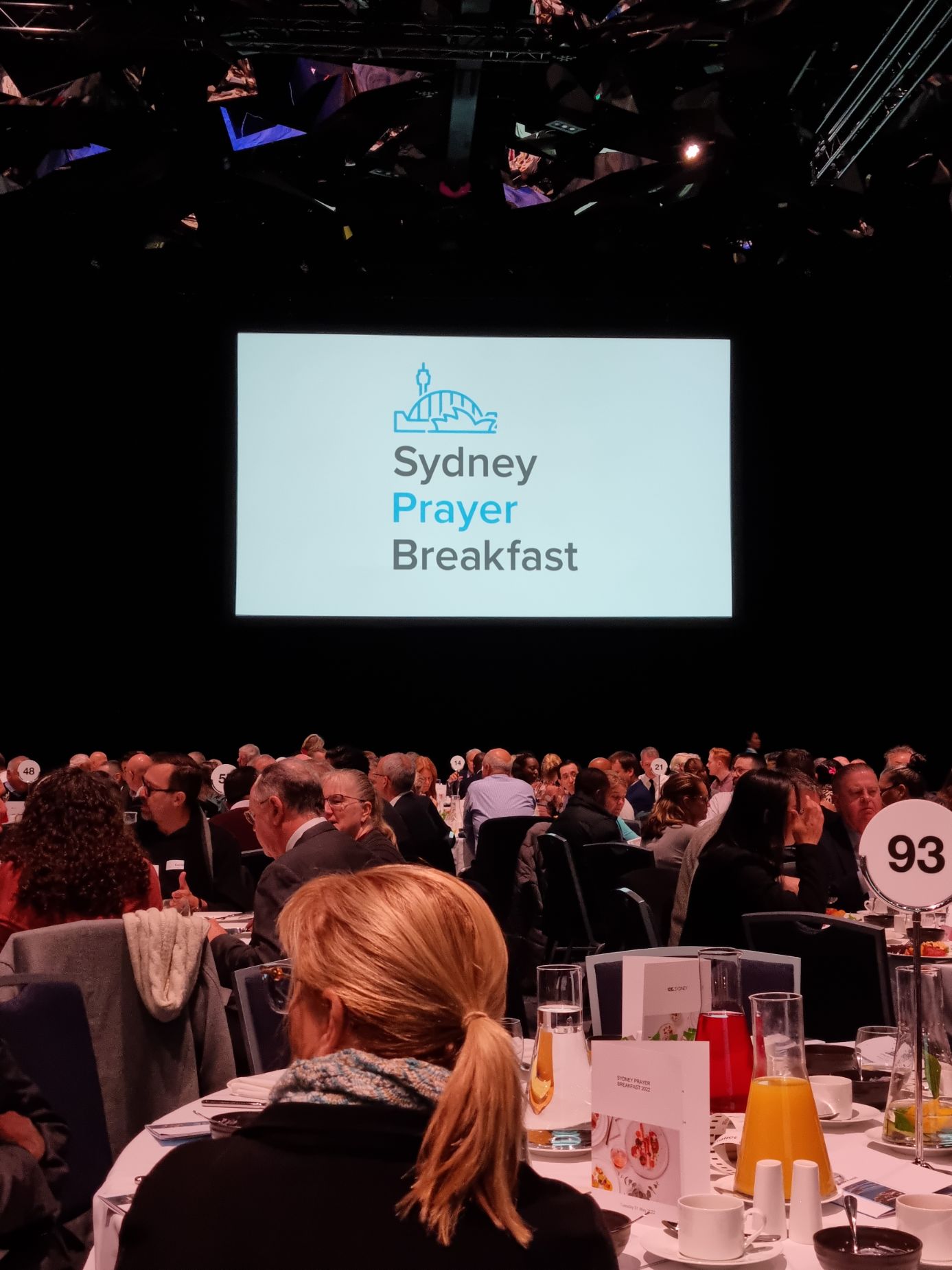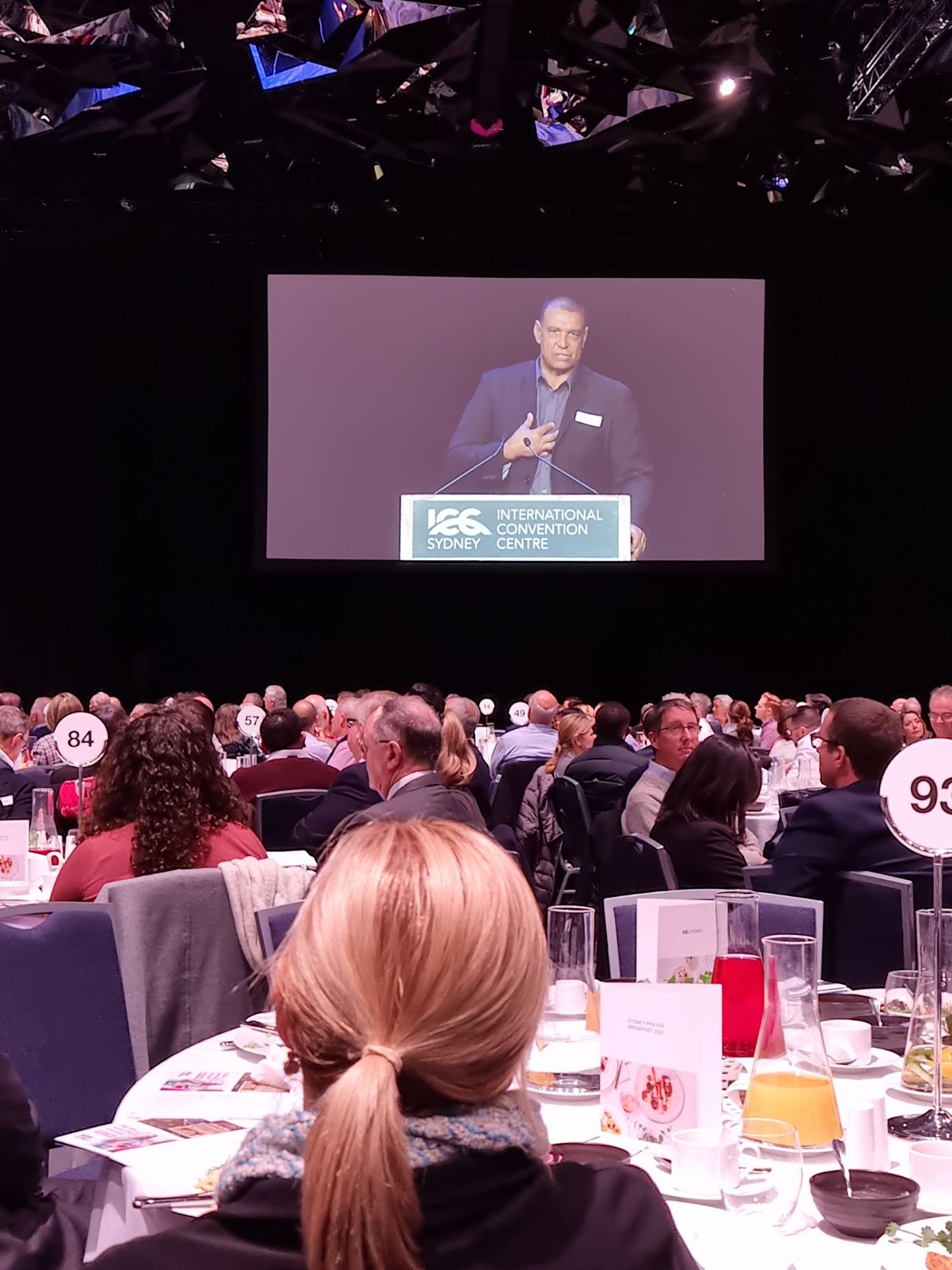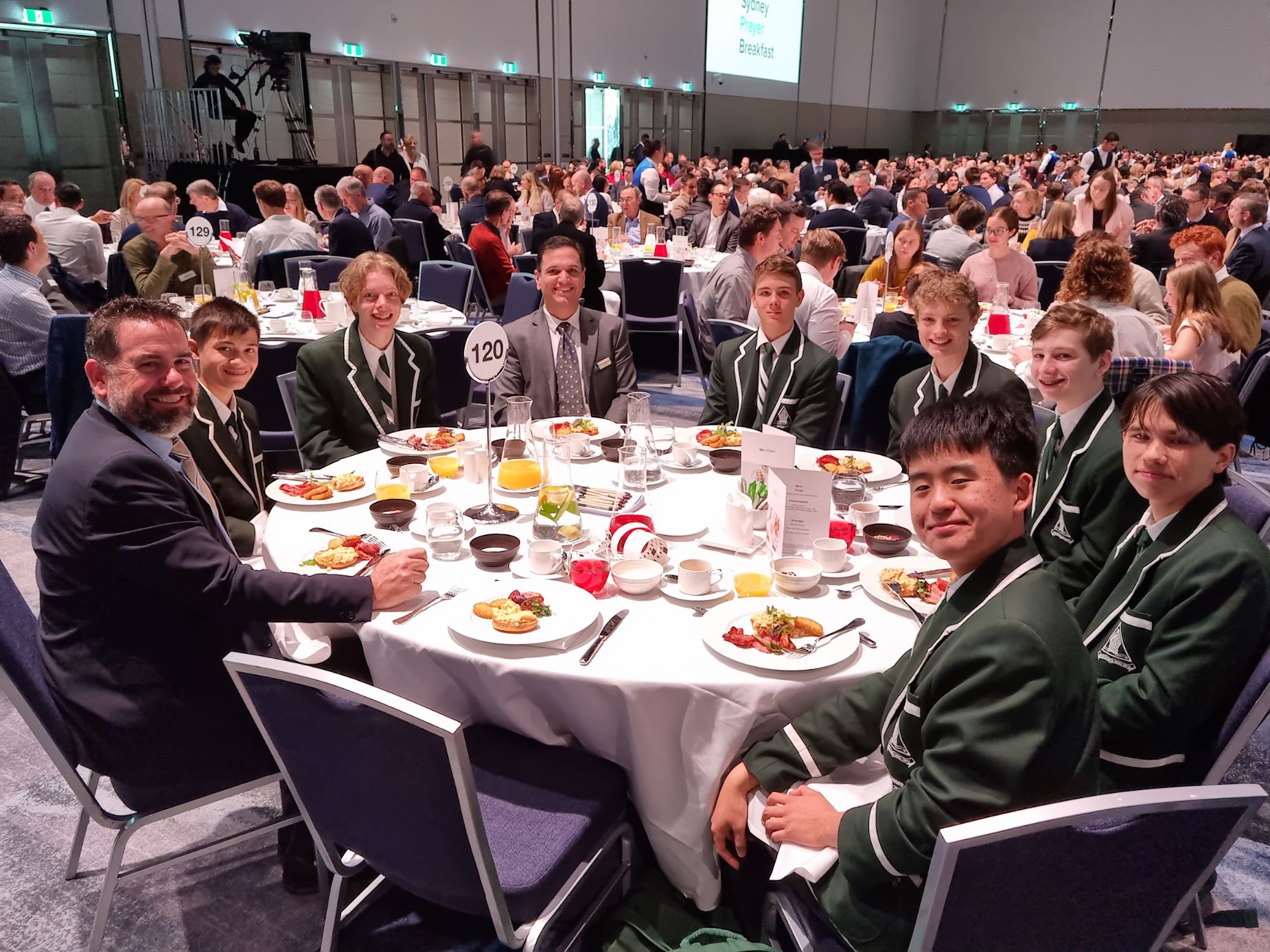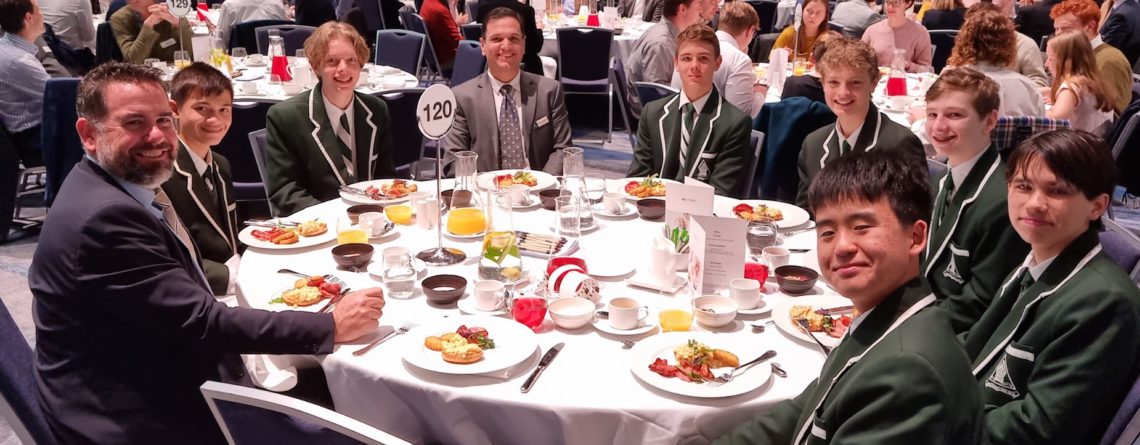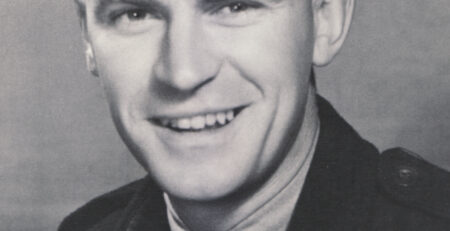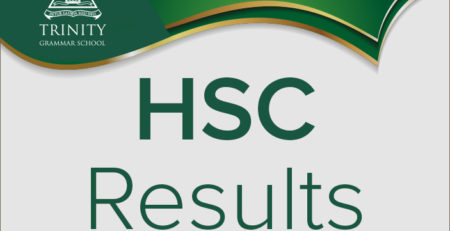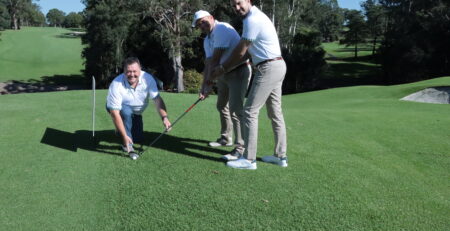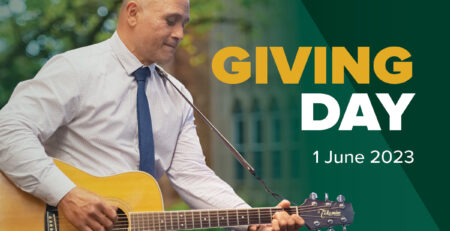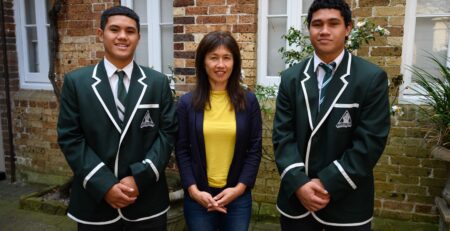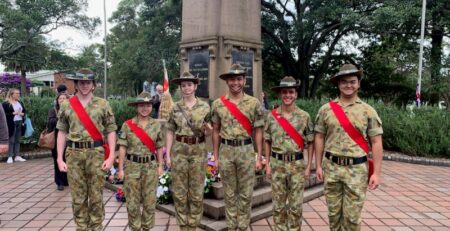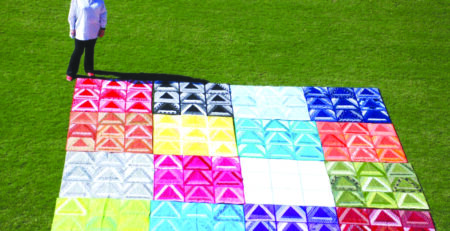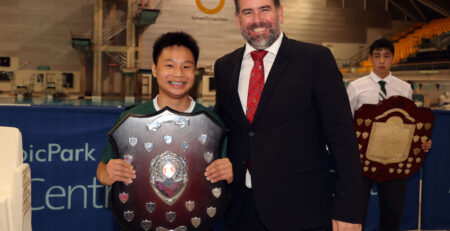Chaplaincy | Sydney Prayer Breakfast
Attending the Sydney Prayer Breakfast
It’s been said that the activity of praying is both natural and unnatural. It’s natural because anyone can do it, and most people do at one time or another regardless of religious convictions. Even staunch atheists can find themselves throwing up a hopeful prayer in a moment of desperation or time of tragedy.
At the same time, praying is unmistakably unnatural, and not just because by definition, it involves communicating with the divine. Prayer is unnatural because it is hard to do. Even Christians attest to how difficult it can be to establish and sustain regular rhythms of prayer.
Part of the issue is that we are all so busy that slowing down to pray feels uncomfortable. Our culture prizes success, efficiency, and production, but prayer is mere talk. It can seem useless and a waste of time better spent on other things.
In spite of this, Christians have long held the conviction that the God of the Bible is a God who delights in hearing our prayers, who offers to teach us how to pray, and who encourages, exhorts, and even commands us to keep doing it – and so they have. Christians are ‘pray-ers’, insofar as they are people who are committed to talking to God, no matter how difficult, discouraging or confusing prayer can be.
Earlier this week, the Head Master, Dr Thanopoulos and I took seven Senior School students to the annual Sydney Prayer Breakfast, where approximately 1700 such ‘pray-ers’ gathered in the International Convention Centre in Darling Harbour to share a meal and pray for our city. Though attendance was mostly made up of city workers from a variety of industries, there were a few school groups like ours, and the morning gave our students the opportunity to not only witness but participate in a Christian gathering of that scale and make up.
After finding our table (No. 120), we chatted over breakfast (bacon and eggs), listened to a musical item performed by Emu Music, and then got to the main act – the praying itself.
We prayed for the Indigenous Community.
We prayed for the business community.
We prayed for the marginalised.
We prayed for civic and church leaders.
We prayed for our youth and the education sector.
In addition to praying, we also heard a brief address from Mr Peter Gibbs, a Gamillaroi man from the community of Weilmoringle on the banks of the Culgoa River in far west New South Wales. Sharing his life and faith journey, Mr Gibbs spoke of the tragic death of his sister Fiona, who died in police custody. He explained how praying to God about the experience inspired him to take on a leadership role in his community, which led to the establishment of the Indigenous Police Recruitment Our Way Delivery (IPROWD) Program, a training model that develops Aboriginal people for a potential career in the NSW Police Force.
It was a wonderful morning, and we left the ICC buzzing. Though we arrived in the cold, pre-sunrise darkness, we walked out to the warm morning rays, the breakfast having fed us in more ways than one. We had been reminded of the power of prayer, challenged by the urgent necessity of prayer, and above all, encouraged to persist in the act of prayer, even when that act seems at its most unnatural.
As the Apostle Paul once wrote, “Do not be anxious about anything, but in every situation, by prayer and petition, with thanksgiving, present your requests to God.” Philippians 4:6
Why not take a moment now to stop what you’re doing and pray.
Blessings,
Nathan Lee
